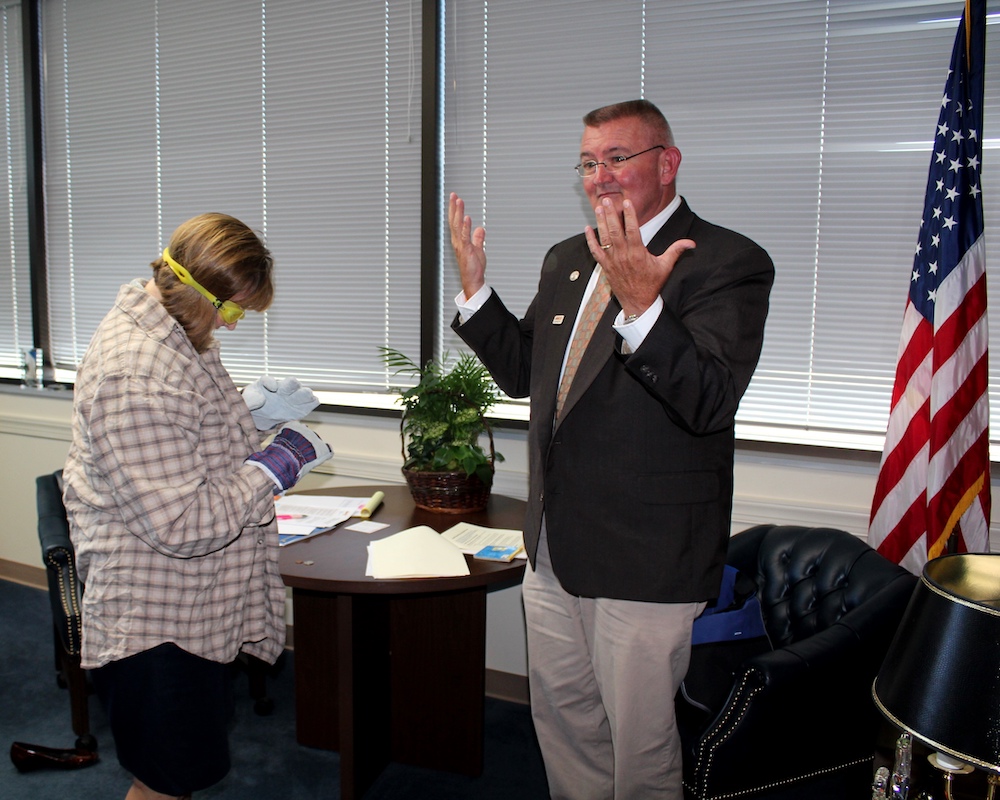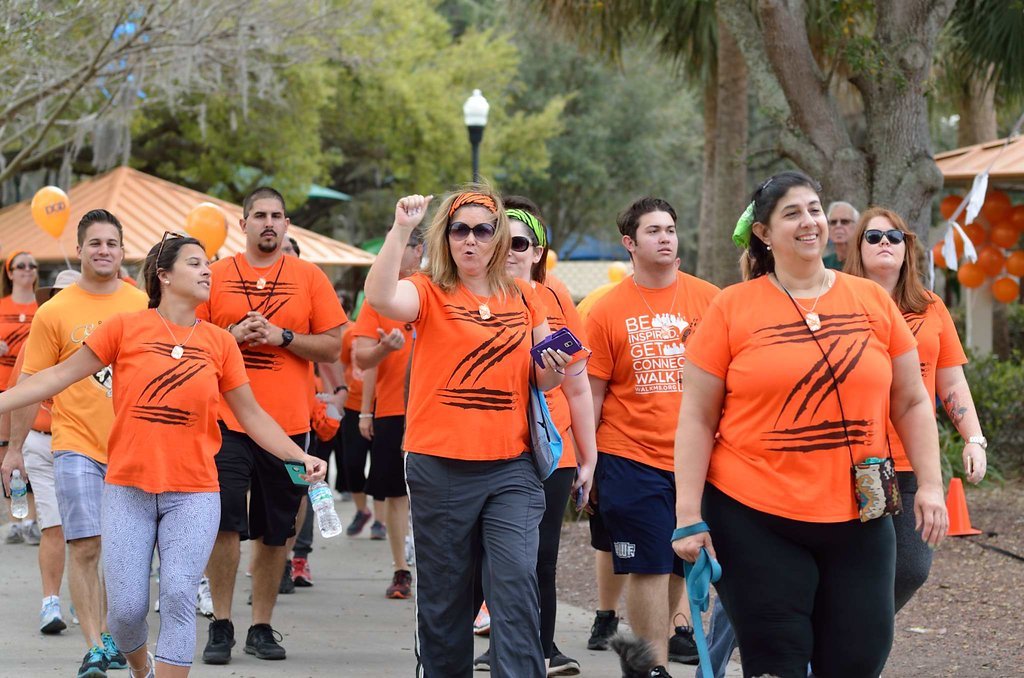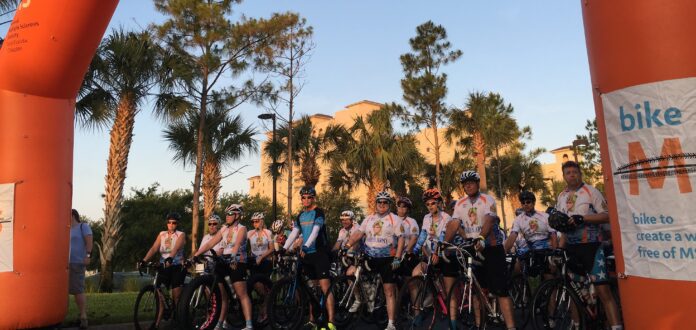“I must have pinched a nerve,” thought then 24-year-old Jeffrey Hamilton, now 55, of immense tingling following a basketball game. Six months later neurologists gave Jeffrey a diagnosis: multiple sclerosis (MS), a degenerative “immune-mediated” disease of the central nervous system (which is made up of the brain, spinal cord and optic nerves) with onset typically in adults between ages 20 to 50, although individuals as young as 2 and as old as 75 have developed it.
To help others understand how MS interrupts the flow of information from the brain to the body, Hamilton comparative explains a compromised fuse box and its impacted output. “The fuse box is my brain full of billions of nerves and the conduit is my spinal cord full of nerves. The [connected] toaster [for example] is my foot, the lights are my legs and so on. The corruption in my brain is the immune system,” he describes the affects MS has on the brain and its functionality. For decades, Hamilton has worked toward three goals: “(1) I want to help people living with MS. I facilitate three positive support groups: the Osceola, Orange and downtown A.N.T.S. This acronym stands for ‘A Natural Tough Self-Starter.’ If you have MS, you have to be tough and self-start every day. (2) I want to help find a cure. (3) I want to walk my daughters down the aisle without assistance,” he declares. To achieve these, Hamilton supports the National Multiple Sclerosis Society by funding research through Walk MS, coordinating logistics for Bike MS, serving as an activist and more.

The progression, severity and specific symptoms (ranging from numbness to blindness and paralysis) of MS in any one person cannot yet be predicted, but the National Multiple Sclerosis Society is working to find answers to ‘end MS forever.’ “The MS Society offers a ton of resources and programs ─ whether it’s the group, community or individual setting ─ to serve people living with MS, but we have a lot of efforts that impact greater good. That’s where our advocacy efforts overflow to impact individuals of all disabilities and not just those living with MS,” said Kinsey Stewart, Program Manager for the organization’s North Florida chapter.
Photo: Jeffrey Hamilton puts Congresswoman Kathy Castor through ‘the MS Experience’ to demonstrate challenges.
Stewart says the organization’s activists, who are primarily volunteers living with MS including Hamilton, meet with legislators to address different aspects of the disease and build awareness about what life with any disability can be like. “We shine light on challenges that elected officials sometimes don’t know that their constituents are facing,” she says. Aside from physical and mental challenges, people encounter ‘access to medication barriers.’ “Some insurance companies have required patients to fail a cheaper drug first before approving a more costly than more appropriate medication,” says Stewart on why the organization has lobbied for the Right Medicine, Right Time Act. “We want medical decisions, including which medication is appropriate, to be decided by patients and providers and not insurance companies,” she adds. MS activists are also advancing home modification tax credit legislation to provide financial assistance. Stewart said such credits would ease prohibitive expenses but also help prevent injuries and falls.
The cause of MS is still unknown – scientists believe the disease is triggered by an as-yet-unidentified environmental factor in a person who is genetically predisposed to respond. To learn more about MS or to join the fight, visit NationalMSSociety.org.
MS FACTS
· MS affects more than 2.3 million worldwide.
· More than twice as many women than men have MS.
· MS occurs in most ethnic groups, but is most common in Caucasians.
· The average annual cost of living with MS exceeds $57,000 per person with lifetime costs of more than $3.7 million.







